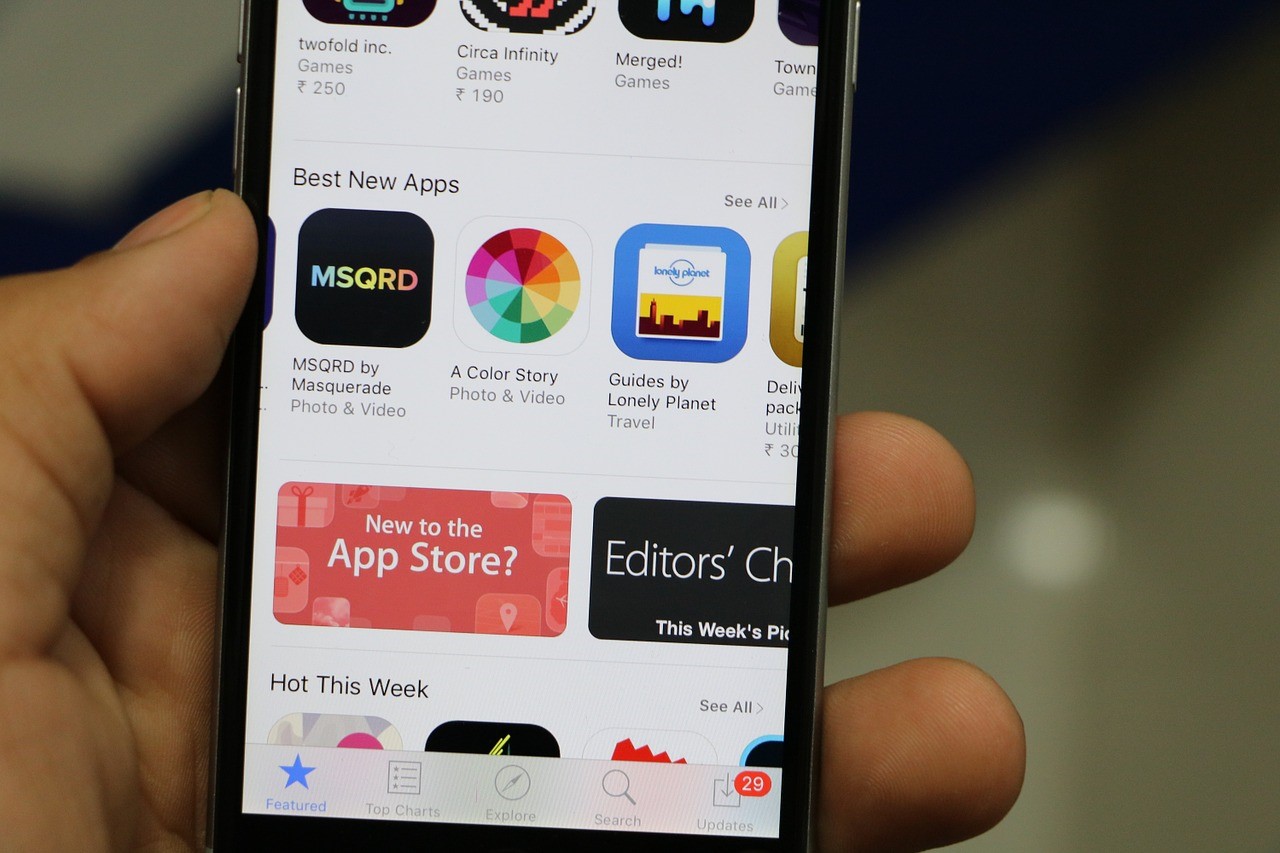Guest Post: Is Your Security App Useless?

Since the release of the first iPhone back in 2007, smartphones have quickly become irreplaceable gadgets in people’s lives. Not only does it provide entertainment, it also easily connects people to more personal accounts like email, bank and social media profiles. With the advent of smart homes, people can even control their thermostat or open their garage door from their phone! While convenient, it also makes smartphones a prime target for hackers. It’s one of the reasons so many security apps have popped up in the last few years. Users want more assurances that their information is safe.
Do You Need a Security App?
Of the two major smartphone operating systems, Android is the most vulnerable to malware and viruses. This is due to its ability to download off-market apps. Apple, on the other hand, has a closed garden system that makes it nearly impossible for users to accidentally download malware.
Additionally, due to the fragmentation of Android devices, not all of them receive necessary security updates. In fact, many older phones are still running Jelly Bean. Even with newer non-Google smartphones, it can often take months to receive the latest updates. That means these phones could have huge security flaws that can’t be fixed for a few months. It’s one of the reasons many hackers target Android over Apple. They can easily attach a piece of malware to an app, which then quickly gains control over the smartphone. They can then access the phone’s camera, remotely control your device, intercept your calls, lock down your phone, steal your identity and even use your phone to attack other people.
This is where security apps come into play. They can recognize malware and potentially protect your phone against it. With that said, it has its limitations. Both Android and Apple confine apps to sandboxes and restrict permissions they can use. There’s no way for it to actually hook into your entire system and run in the background. It can’t prevent you from downloading malware or stop a site from exploiting potential security holes. Even worse, if you already have malware installed, the antivirus app can’t stop it from running.
More importantly, these security apps do not protect you when you access a public Wi-Fi spot. These areas are perfect for hackers as the unsecured network makes it easy to access other people’s data. The best way to keep it safe is by using a Virtual Private Network for your phone (Secure Thoughts reviewed some for this purpose). You can cover your bases against network snoops that way.
That doesn’t make security apps completely useless. They can monitor network activity to prevent you from visiting potential malicious sites, scan names of apps to see if match a known list of infected apps and scan your SD card. With that said, Android also comes with its own built-in antivirus functions as its base settings don’t allow you to download from unknown sources. You can, of course, turn it off, but this opens up your phone to potential malware.

Protect Your Phone
The easiest way to protect your phone from hackers is to only download from the app store. Don’t go to a third-party site and try to pirate a paid version of a game or productivity app. It’s likely these apps are infected and it isn’t worth the risk to your phone or privacy to avoid paying a small amount of money.
Of course, there are legitimate reasons to sideload apps. For example, if you want access to Amazon’s Appstore client, you will need to download it elsewhere as the Google Store does not have it. Other apps also host updates on their site so you can immediately download them rather than waiting. Still, it’s a good idea to keep sideloading to a minimum as the longer you keep your device open to downloading unknown sources the more susceptible you are.
There are cases where official apps are malicious. While rare, the best thing you can do is pay attention to the permissions it requests. If a flashlight app asks for access to your contacts or camera, it might be malicious. Approach each app you install on a case-by-case basis and take the time to consider whether these apps really need access to these sensitive permissions. If you believe something is malware, you should flag/report it so Google or Apple can take a closer look.
It’s up to you to take the necessary steps to protect your phone from potential hackers. This means staying alert and avoiding third-party stores. While a security app can certainly help identify potential malware already installed on your phone, it cannot prevent you from downloading it in the first place. Always read the fine print and update your OS whenever a patch becomes available.
How do you keep your smartphone secure? Do you use any security apps or other services? Let us know in the comments below.
About the Author: Cassie is a freelance technology writer with a keen interest in cybersecurity. Whether it’s for her computer or smartphone, she believes everyone should take necessary precautions to protect their privacy and data from potential criminals.



